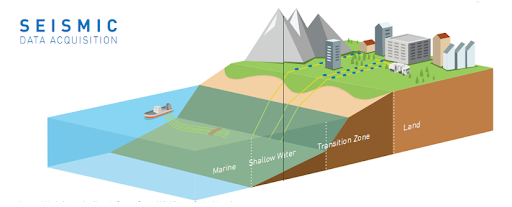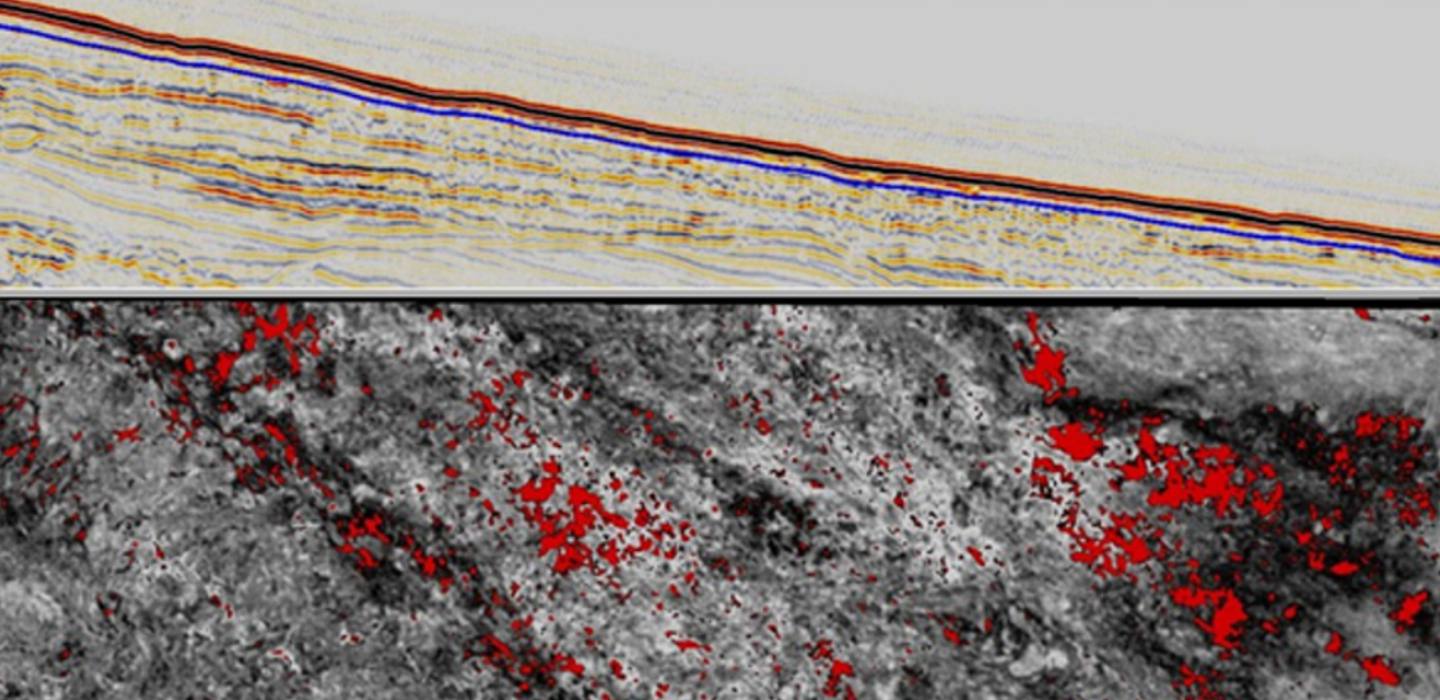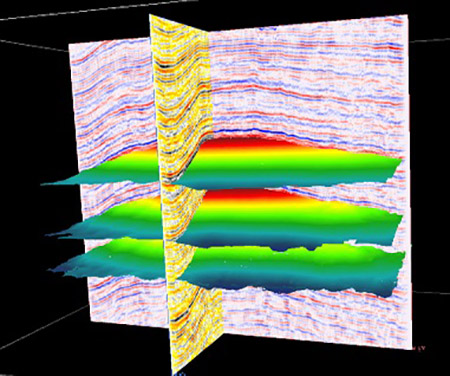

All steps in the workflow are discussed with an eye to the theoretical foundation, alternative implementations, assumptions, strengths and weaknesses, critical parameter choices and QC aspects. They will have the basic knowledge to execute a seismic processing project under experienced supervision. They can entertain a meaningful dialogue with contractors to select an optimal processing flow and parameters, and can exercise basic QC. Attendees can better liaise and collaborate with staff in neighboring Geoscience sub-disciplines to better relay data information.
Exploration Geophysicists and Geologists involved in seismic acquisition and processing. Good processing is an integrated effort so the course is also targeted at those who contribute to the processing workflow and parameter selection, be it hands-on or in supervising processing done by others.
DAY 1: Key Principles in Data Acquisition
DAY 2: Survey Design & Execution
DAY 3: Data Preparation & Pre-Processing
DAY 4: Advanced Data Processing
DAY 5: Data Processing & Interpretation
CDGA attendance certificate will be issued to all attendees completing minimum of 80% of the total course duration.
| Code | Date | Venue | Fees | Register |
|---|---|---|---|---|
| DE216-02 | 06-04-2026 | Istanbul | USD 5950 | |
| DE216-03 | 26-07-2026 | Dubai | USD 5450 | |
| DE216-04 | 13-12-2026 | Cairo | USD 5450 |

Many of our technologies are unique and patented, and offer more and detailed information from your reservoir, enabling you to make better informed, more appropriate and more accurate drilling decisio ...

This course is designed to give a broad-based review of the key seismic interpretational techniques relevant to subsurface analysis. The nature of the seismic response will be considered with referenc ...
Providing services with a high quality that are satisfying the requirements
Appling the specifications and legalizations to ensure the quality of service.
Best utilization of resources for continually improving the business activities.
CDGA keen to selects highly technical instructors based on professional field experience
Since CDGA was established, it considered a training partner for world class oil & gas institution
3012, Block 3, 30 Euro Business Park, Little Island, Co. Cork, T45 V220, Ireland
Mon to Fri 09:00 AM to 06:00 PM
Contact Us anytime!
Request Info